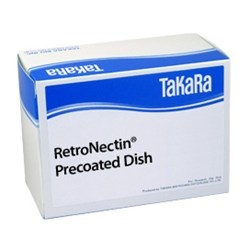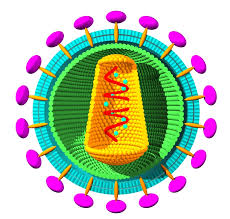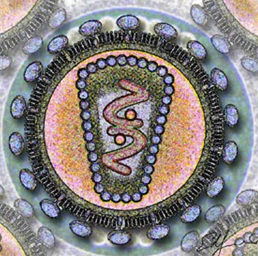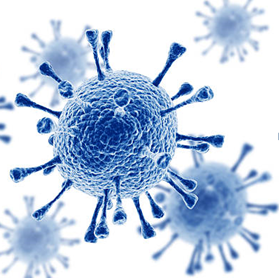RetroNectin
TaKaRa Bio
RetroNectin reagent dramatically enhances transduction efficiency in hematopoietic and other types of cells

RetroNectin Function
The RetroNectin Reagent is a recombinant human fibronectin fragment that contains three functional domains
- The cell-binding domain (C-domain)
- The heparin-binding domain (H-domain)
- The CS-1 sequence
RetroNectin reagent enhances lentiviral and retroviral transduction. Specifically, virus particles bind RetroNectin reagent via interaction with the H-domain, and target cells bind mainly through the interaction of cell surface integrin receptors VLA-5 and/or VLA-4 with the fibronectin C-domain and CS-1 sites.
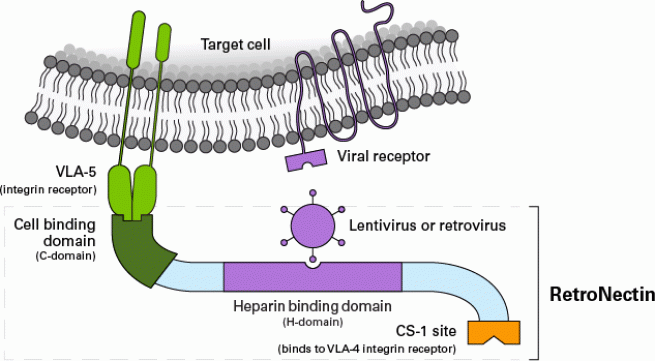
1) Cell types ideal for RetroNectin
- Highly effective for cells that express integrin VLA-4 or VLA-5
- For T-cells, B-cells, monocytes, NK cells, eosinophils, bone marrow monocytic cells, thymocytes and lymphoid progenitors
- When using hematopoietic stem cells may be necessary to use cytokine pre-stimulation
2) Clinical GMP Grade RetroNectin
- It is possible to have RetroNectin GMP Grade for Clinical use or to have it directly without the need for a Material Transfer Agreement (MTA)
- The Drug Master File for RetroNectin GMP grade has been filed with the U.S. Food and Drug Administration
- Clinical grade RetroNectin reagent has been used in over 68 protocols for gene therapy clinical trials at 44 institutions worldwide
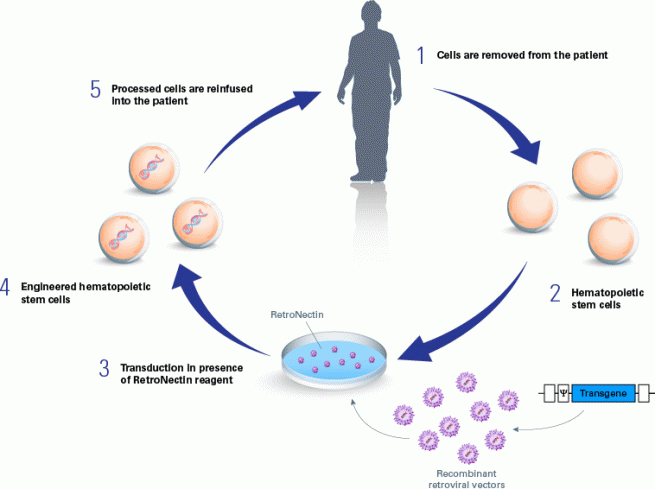
Documents and resources
For more information visit producer's website.

